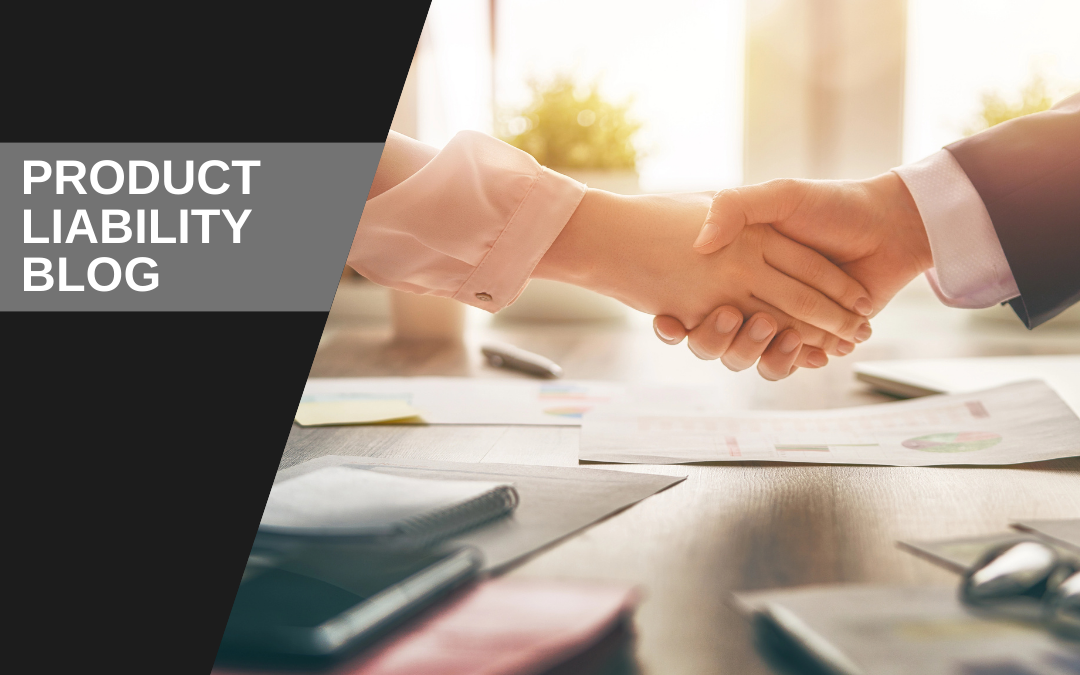
Frequently Asked Questions (FAQs) About Product Liability
What is Product Liability?
Product liability refers to the legal responsibility of manufacturers, distributors, or sellers for any harm caused by a defective or dangerous product. This type of liability exists when a product does not function as intended, causing injury, illness, or property damage. The law holds these parties accountable when a product is defectively designed, improperly manufactured, or lacks adequate warnings or instructions. Consumers who suffer harm from such products may file lawsuits to seek compensation for their injuries, medical bills, and other related losses.
What Are the Types of Product Defects?
There are three primary types of product defects that can lead to product liability claims: design defects, manufacturing defects, and marketing defects. Design defects occur when the product’s design is inherently unsafe. Manufacturing defects happen during production, causing a flaw in the final product. Marketing defects involve issues like inadequate warnings or improper labeling that fail to inform consumers of potential risks. Identifying the specific type of defect is crucial in determining liability and the party at fault.
Who Can Be Held Liable in a Product Liability Case?
In a product liability case, various parties may be held liable, including the manufacturer, distributor, retailer, and even the company that designed the product. Liability depends on who played a role in the defective product’s design, manufacture, or sale. If any party in the product’s chain of distribution is responsible for the defect, they may be held accountable for injuries caused by the product. It is essential to investigate the entire supply chain to determine liability.
How Do I Prove a Product Liability Claim?
To prove a product liability claim, the plaintiff must demonstrate that the product was defectively designed, manufactured, or marketed, and that the defect directly caused the injury. This typically involves providing evidence like the product itself, medical records, expert testimony, and photographs of the injury or defect. In some cases, the claimant must show that the product was used as intended or in a reasonably foreseeable way. An experienced attorney can help gather the necessary evidence and navigate the legal process.
What Types of Damages Can Be Recovered in a Product Liability Lawsuit?
In a product liability lawsuit, you may be entitled to several types of damages, including medical expenses, lost wages, pain and suffering, and property damage. In cases where the defendant’s actions were particularly reckless or intentional, punitive damages may be awarded to punish the wrongdoer and deter future misconduct. The amount of compensation varies based on the severity of the injury and the circumstances surrounding the case. An attorney can help evaluate the potential damages and pursue a fair settlement.
What Is the Statute of Limitations for Product Liability Claims?
The statute of limitations for product liability claims varies by state but typically ranges from 1 to 6 years from the date of the injury or when the defect was discovered. If you miss the filing deadline, you may lose your right to seek compensation. It is essential to act quickly and consult an attorney to ensure that you meet the deadline and preserve your legal options. The statute of limitations can differ depending on whether the case involves negligence, strict liability, or breach of warranty.
What is Strict Product Liability?
Strict product liability holds manufacturers, distributors, and retailers responsible for injuries caused by defective products, regardless of whether they were negligent. Under strict liability, the injured party does not have to prove that the defendant was careless or at fault—only that the product was defectively designed, manufactured, or marketed and caused harm. This makes it easier for consumers to hold companies accountable for defective products. Strict liability typically applies in product defects involving design flaws, manufacturing errors, and lack of adequate warnings.
Can I Sue for Injuries Caused by a Defective Product if I Was Not the Buyer?
Yes, you may be able to sue for injuries caused by a defective product even if you were not the original purchaser. In product liability law, liability extends to anyone who is injured by a defective product, regardless of whether they bought it. This includes users, family members, or others who come into contact with the product. As long as you can prove the defect caused your injury, you may pursue a claim for compensation, regardless of your relationship to the purchaser.
What Are Common Defenses in Product Liability Cases?
Defendants in product liability cases may use several defenses, including arguing that the product was misused or altered after it left their control, which caused the injury. Another defense might be that the product was used in a manner that was not reasonably foreseeable. They may also claim that the product was defect-free when it was sold and that the plaintiff’s injury was not related to a defect. In some cases, a statute of limitations defense may be raised if the claim is filed too late.
How Do I Choose a Product Liability Attorney?
When choosing a product liability attorney, look for someone with experience in personal injury or product liability law. An attorney with a proven track record in handling similar cases will be familiar with the complexities of product liability claims and have access to the necessary resources, such as expert witnesses, to strengthen your case. It’s important to select an attorney who communicates effectively and is dedicated to pursuing the best outcome for you. Consulting multiple attorneys before making a decision can help ensure you find the right fit for your case.
These articles are for general informational purposes only and are not legal advice. Contact us today to discuss your specific situation.
